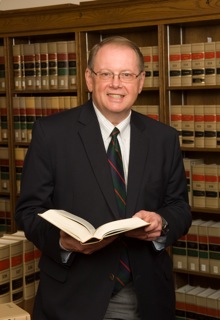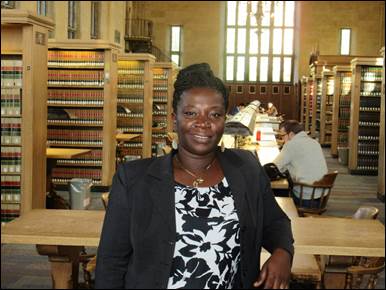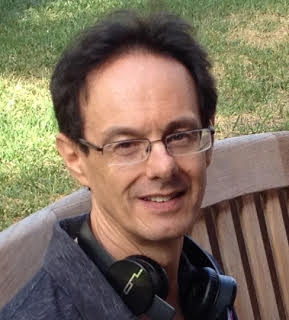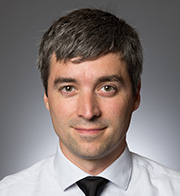A Global Anecdote
A short but unusual message appeared in my email a few weeks ago. It ended: “Veel succes met het onderzoek.”
This wasn’t a case of someone typing too quickly on his phone. It was Dutch. And the story of why I found myself cutting and pasting it into Google Translate is worth re-telling.
It begins just after Thanksgiving, when LII Director Tom Bruce and I took a meeting with two members of the Board of Directors of the Coalition Against Unsolicited Commercial Email, or CAUCE for short. CAUCE is an internet end-user advocacy group. You can read more about them here. From time to time CAUCE funds Cornell law students to research and write about laws and regulations pertaining to commercial email and privacy both in the United States and abroad. We call this collection the Inbox Project, and it is its own little neighborhood within Wex.
CAUCE asked us to explore what might be written about regulations in the European Union since our last update in 2013. My first task was to find a student. As it so happened, we had several working for us in various capacities, including a couple of former LLM students who remain in the US on their student visas performing Optional Practical Training (OPT). With finals and then holidays approaching, it made more sense to use one of them than a current JD student.
I chose a young woman named Rachel for this project, as her resume showed some prior familiarity with the issues. Her first task was simple: to read the 2013 article, ensure the hyperlinks were still valid, and find new hyperlinks for any that weren’t. She found and updated about a half-dozen defunct hyperlinks that same day, and so it was time to expand the assignment.
Meanwhile, Tom had sent an email to a number of his European colleagues seeking experts who might provide us with research leads. One responded right away, the Dean of the PPLE College at Universiteit Van Amsterdam, Dr. Radboud Winkels.
I asked Rachel to contact Dr. Winkels to follow up, and to copy me. She did. In Dutch. By sheer coincidence, she is Dutch and has two degrees from the University of Groningen in the Netherlands. (The last line of his response to her begins this article.)
And it’s moments like that when it’s easy to see how the expansiveness of the internet, Cornell, and the LII all complement each other. Sitting in tiny Ithaca, New York, by sheer coincidence we found a Dutch law student who could correspond with a Dutch academic in their native language to discuss European email privacy regulations. That student will turn those conversations into research, and that research into content for the website. And we’ll publish that content for everyone to read, free of charge.
In English. 🙂



 Back in June
Back in June  Kimball Bighorse chose Stanford University because its well-known Native American program draws students from many tribes.
Kimball Bighorse chose Stanford University because its well-known Native American program draws students from many tribes. Frank Wagner, the longest-serving and most prolific Reporter of Decisions for the Supreme Court of the United States, passed away unexpectedly on August 28. He was a good friend to the LII.
Frank Wagner, the longest-serving and most prolific Reporter of Decisions for the Supreme Court of the United States, passed away unexpectedly on August 28. He was a good friend to the LII. 

